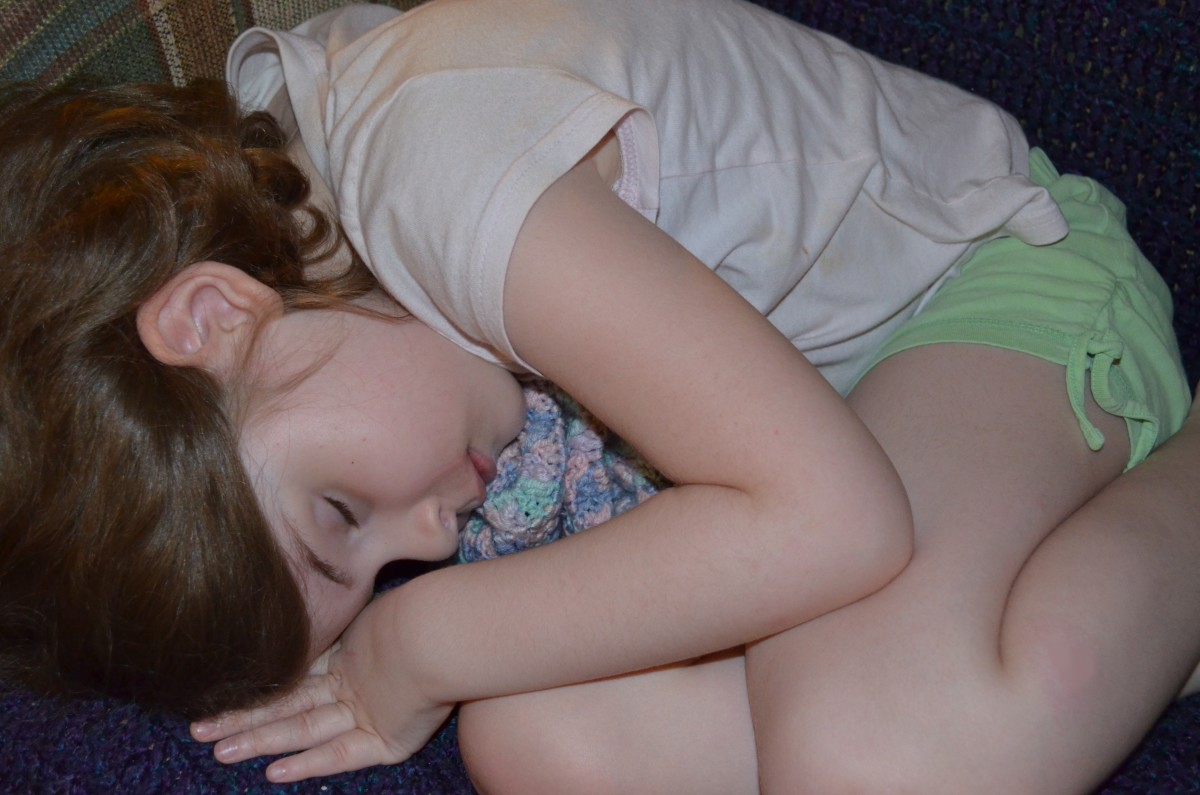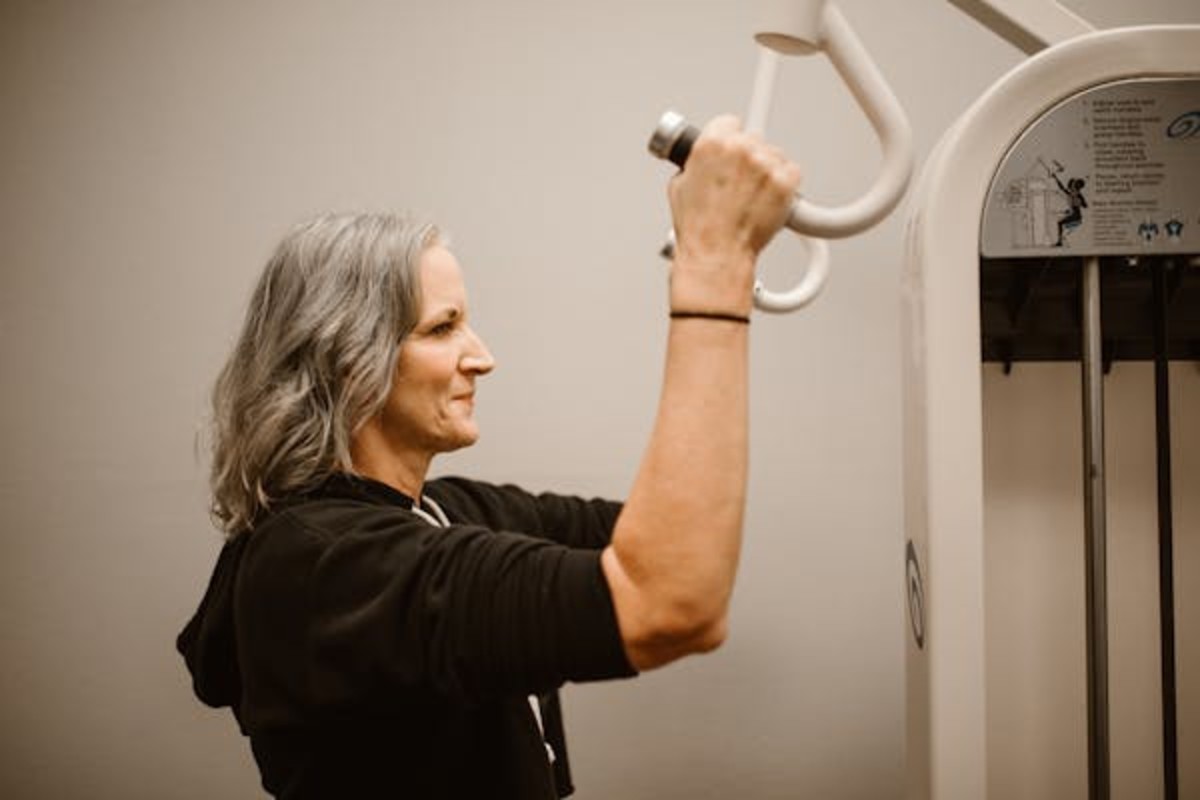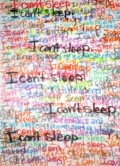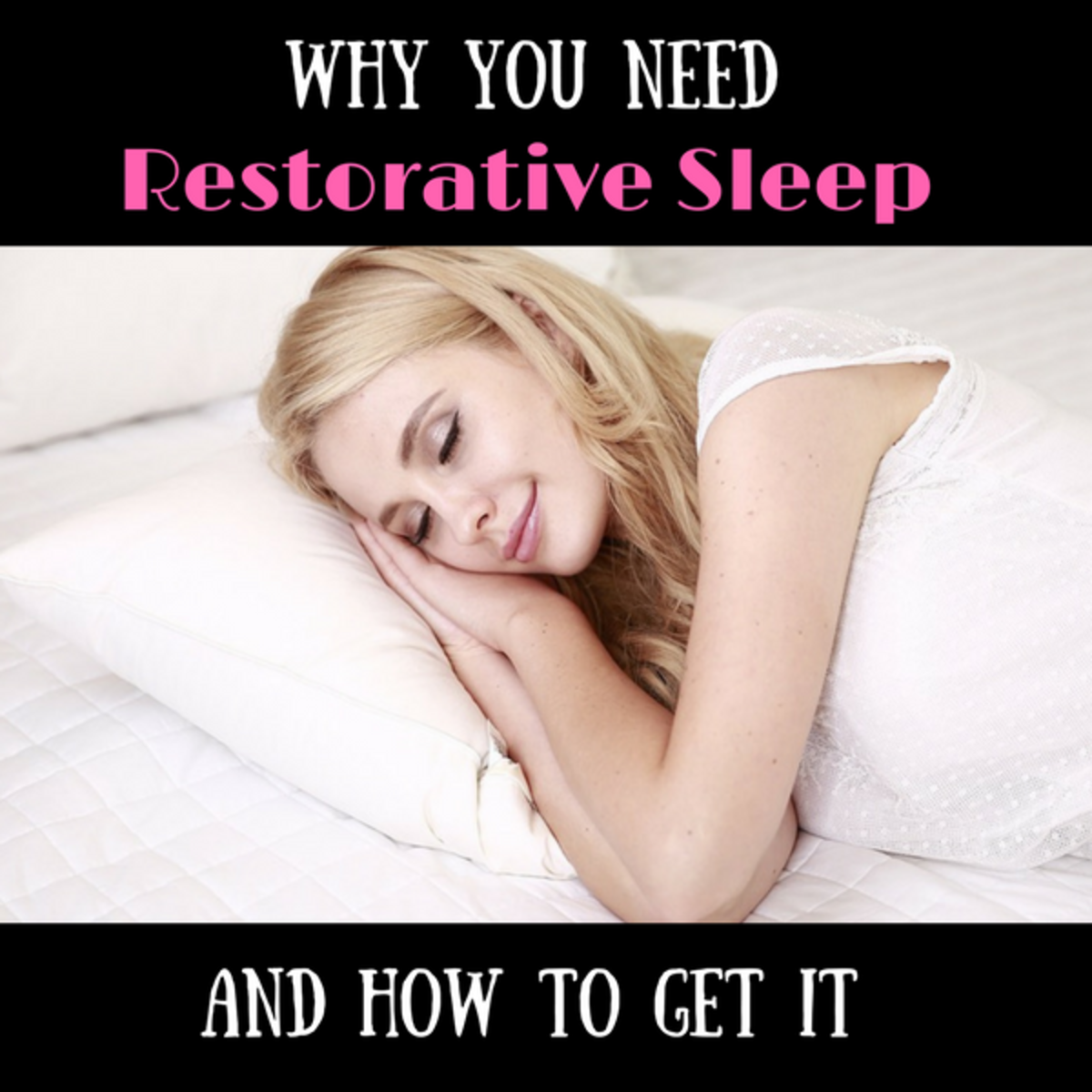Tips for Sleeping Better Tonight
Everyone wants a good night's sleep. You can have a better night's sleep naturally, without having to take medication. A good night's sleep results in clearer thinking, happier feelings, and more physical energy. However, many people struggle every night to get enough sleep. Instead of waking up refreshed, they struggle all day with brain fog and tiredness. Does this describe you?
Sleep problems, especially serious bouts of insomnia, often happen because stress and anxiety are keeping you awake. I had problems like this for a long time, but was afraid to get dependent on sleeping medication. Eventually, I figured out these natural ways to sleep better at night:
- Making sure I take action during the day on at least one thing that is worrying me, whether it be a personal issue, household chore, or work-related problem.
- Engaging in calming activity before bedtime, which requires turning off my computer and TV.
- Drinking only herbal tea or warm milk in the late evening, i.e., no alcohol within two hours of going to bed.
- Getting some physical exercise every day, even if just for 20 minutes.

Take Action to Deal with At Least One Worry
We all have worries, but the trick is to learn how to step aside and not let our worries have total control over our emotions.
Many of us (myself included) have struggled with a tendency to put off dealing with our worries as long as possible. In other words, we try to avoid our problems, and instead of dealing with them in a timely manner. We procrastinate.
I used to put off facing problems as long as I could, and I believe now that was the reason for my bouts of insomnia.
We can avoid thinking about things for a long time, but they don't go away. They just get pushed down into our subconscious. And guess what? We have trouble going to sleep, and staying asleep. There's too much of a battle going on in the deep recesses of our inner being.
I learned to stop doing this to myself by picking one thing to do that I didn't want to do...and doing it! It might be cleaning out the refrigerator, or sorting through old mail I had let pile up. Or something serious, like a relationship issue I needed to confront.
Once I got into a pattern of not letting the sun go down without dealing with some dreaded issue, I started going to sleep a lot easier. The insomnia kind of melted away.
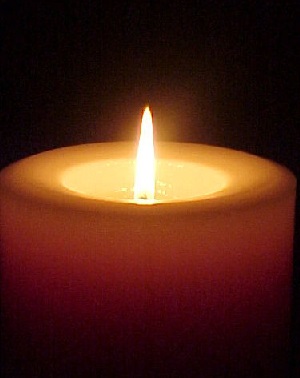
Calming Activity to Release Stress and Tension
By calming activity, I mean something that will release physical tension and emotional stress, such as a breathing exercise, yoga, prayer, or meditation.
Perhaps you have some personal ritual like lighting a candle that would enhance your experience.
Make sure you are in your bedroom when you do your meditation, or whatever you do, so you can fall right into bed afterward with no distractions grabbing your attention.
If none of these calming activities has ever been part of your life, then, yes, this would be a change for you, but it wouldn't have to start off as a big change. A few minutes of a breathing exercise is not something hard to manage, and would not require any kind of spiritual belief system.
Everyone is different. But from my own experience and that of other people I know, making time and space for this kind of activity has benefits that may seem very subtle, but are nevertheless very real and far-reaching. Making it easier to fall asleep is just one of them!
Physical Activity
Oh dear, now it's time to discuss the second tip on falling asleep at bedtime.. I confess that I do not manage 30 minutes of physical activity every day. I was never athletic and have always tended toward a sedentary lifestyle. So, this suggestion about physical activity was one I resisted for a long time.
Once I got moving just a little bit (like 10 minutes), I realized it wasn't something overwhelming.
But now I get those 30 minutes most days. I've learned that it really does make a difference, not only in my mood, but in the readiness of my body to accept slumber when the time comes.
Even if I can't make it to the gym, I take a brisk walk outside (perhaps even better anyway), or if the weather isn't congenial, I'll just jog around my house or do other exercises inside.
However, I actually believe that any kind of movement that lasts doesn't stop for 20 or 30 minutes counts as exercise. Gardening or other yard work is a good example.
I usually exercise in the late afternoon, and never close to bedtime.
My energy level is much better during the day now that exercise is part of my (almost) daily routine. And, best of all, when it's time to go to bed, my body is happy to lie down and let go.
I really believe the combination of physical exercise in the daylight hours, followed by meditation right before bedtime, has been the game changer for me where falling asleep is concerned.
What about Reading before Bedtime?
Most lists of tips for going to sleep you find online include reading before bedtime. But I have found that reading can be problematic, if I'm not really careful about my reading material.
By now I've learned to choose a book that is slow-paced and very wordy, and maybe even a bit boring. In other words, no thrillers or anything with too much titillating excitement, and certainly not books that start me obsessing about some social or political issue.
When I want to read at night, obscure novels from previous centuries are perfect!

Alcohol Before Bed
I usually have a glass of wine with dinner; not every night, but most nights.
In times past, though, it was not unusual for me to have another glass later in the evening. I wanted the extra glass to go with the chocolate I liked to comfort myself with at night.
There are many sleep studies that document how alcohol does have a sedating effect (after the stimulation wears off) that doesn't affect the first part of sleep, but that does have a very bad affect on the all-important REM sleep.
Since women metabolize alcohol more quickly than men, the "good" sedating effects of alcohol wear off more quickly. Then the disruption starts.
My own experience mirrors the research I've read. The extra glass of wine at bedtime would help me go to sleep, but before long I would be awake again and restless.
In my opinion, there's no use in falling to sleep fast if that sleep is short-lived, and then you're tossing and turning for the rest of the night.
Once I stuck to the discipline of no alcohol after the wine I had with dinner, my sleeping became much more restful. (I also cut out the chocolate, which has caffeine...another smart move.)
Wholistic Approach
My approach to falling asleep faster and staying asleep turns out to be a wholistic approach that involves the physical, mental, and emotional/spiritual aspects of a person. While each aspect is important, you may find that one in particular is more meaningful for you. You know better than anyone what you need.
As part of an approach that relies on natural ways to fall asleep, drinking chamomile tea before bedtime is a lovely way to augment the other tips I've outlined in this article.
I'll end by just saying I hope my tips and reflections have been helpful for anyone with trouble falling asleep.
Please share your own tips or personal experiences with sleeping!
© 2014 SusanSaies

